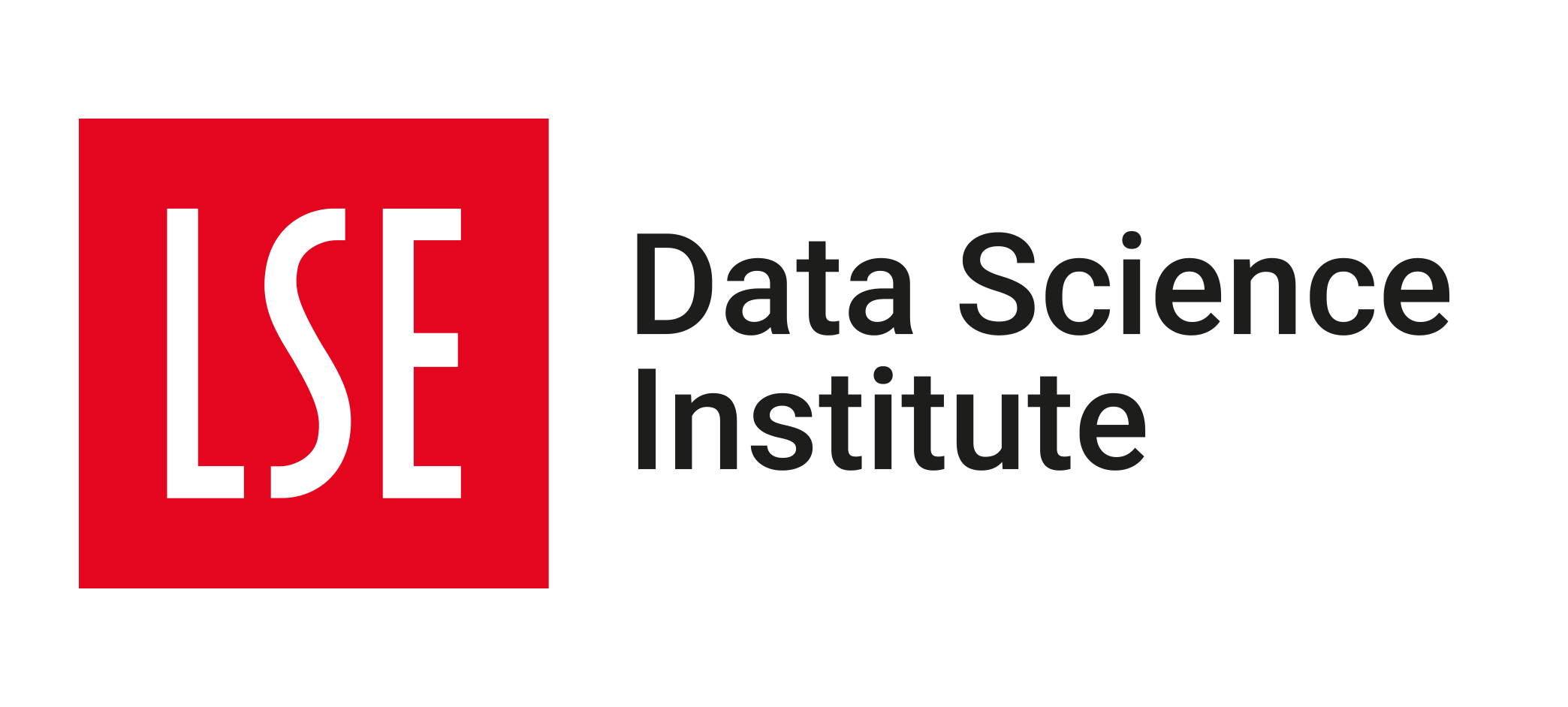👨🏫 Week 10 - Lecture
DS202 - Data Science for Social Scientists
The original title of this week’s lecture was Applications: Predictive Modelling on Tabular Data but since we have been talking a lot about tabular data (in the context of supervised learning), we are going to bring diverse applications from our areas of expertise instead:
- In the first hour of the lecture, I will deliver a gentle introduction to the principles of network analysis, and I will demonstrate it using a software called Gephi.
- Those of you pursuing degrees in Economics might be interested in the application of this type of techniques to the networked dynamics of trade.
- In the second hour, Dr. Stuart Bramwell will talk about his work on the WhoGov dataset, and what this data tell us about cabinets around the world (autocracies vs democracies, the role of gender).
Part I - Network Analysis (Live Demo)
Click here for the links mentioned in the lecture
Software & Data
- Download Gephi
- Check out this tutorial of Network Analysis with R by Katherine Ognyanova.
- Tons of network data at SNAP Stanford Repository
Blogs and online tutorials
Academic Articles
Silva, J., Bennett, L., Papageorgiou, L. et al. A mathematical programming approach for sequential clustering of dynamic networks. Eur. Phys. J. B 89, 39 (2016). https://doi.org/10.1140/epjb/e2015-60656-5
Cardoso-Silva, J., Papageorgiou, L.G. & Tsoka, S. Network-based piecewise linear regression for QSAR modelling. J Comput Aided Mol Des 33, 831–844 (2019). [https://doi.org/10.1007/s10822-019-00228-6])https://doi.org/10.1007/s10822-019-00228-6)
Caterina De Bacco et al. Latent Network Models to Account for Noisy, Multiply-Reported Social Network Data. Accepted at Journal of the Royal Statistical Society - Statistics in Society - Series A. Preprint available online: arXiv:2112.11396v1
Part II - Understanding cabinets globally through WhoGov
A talk by Dr. Stuart Bramwell.
Check Moodle to download the slides.
